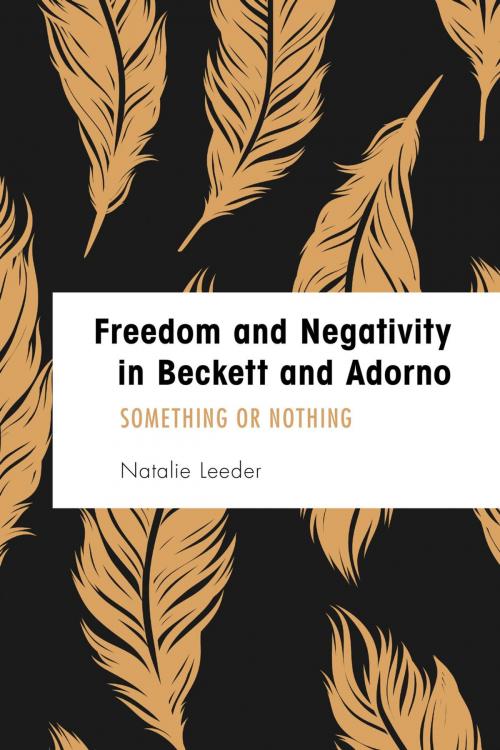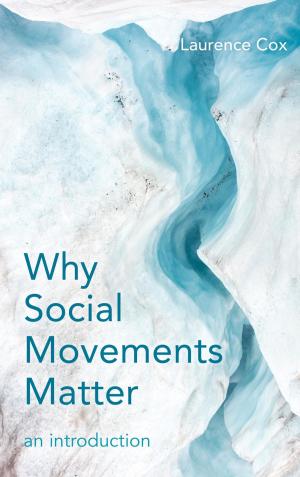Freedom and Negativity in Beckett and Adorno
Something or Nothing
Nonfiction, Religion & Spirituality, Philosophy, Existentialism| Author: | Natalie Leeder | ISBN: | 9781786603210 |
| Publisher: | Rowman & Littlefield International | Publication: | May 4, 2017 |
| Imprint: | Rowman & Littlefield International | Language: | English |
| Author: | Natalie Leeder |
| ISBN: | 9781786603210 |
| Publisher: | Rowman & Littlefield International |
| Publication: | May 4, 2017 |
| Imprint: | Rowman & Littlefield International |
| Language: | English |
Since his notorious 1961 lecture, 'Trying to Understand Endgame', Theodor W. Adorno's name has been frequently coupled with that of Samuel Beckett. This book offers a radical reappraisal of the intellectual affinities between these two figures, whose paths crossed all too fleetingly. Specifically the book argues for a preoccupation with the concept of freedom in Beckett's works - one which situates him as a profoundly radical and even political writer. Adorno's own more explicit reconceptualization of freedom and its scarcity in modernity offers a unique lens through which to examine the way Beckett's works preserve a minimal space of freedom that acts in opposition to an unfree social totality. While acknowledging both the biographical encounters between Adorno and Beckett and the influence Beckett's writings had on Adorno's aesthetics, Natalie Leeder goes further to establish a dialogue between their intellectual positions, working with a range of texts from both writers and seeking insight in Adorno's less familiar works, as well as his magnum opera, Aesthetic Theory and Negative Dialectics.
Since his notorious 1961 lecture, 'Trying to Understand Endgame', Theodor W. Adorno's name has been frequently coupled with that of Samuel Beckett. This book offers a radical reappraisal of the intellectual affinities between these two figures, whose paths crossed all too fleetingly. Specifically the book argues for a preoccupation with the concept of freedom in Beckett's works - one which situates him as a profoundly radical and even political writer. Adorno's own more explicit reconceptualization of freedom and its scarcity in modernity offers a unique lens through which to examine the way Beckett's works preserve a minimal space of freedom that acts in opposition to an unfree social totality. While acknowledging both the biographical encounters between Adorno and Beckett and the influence Beckett's writings had on Adorno's aesthetics, Natalie Leeder goes further to establish a dialogue between their intellectual positions, working with a range of texts from both writers and seeking insight in Adorno's less familiar works, as well as his magnum opera, Aesthetic Theory and Negative Dialectics.















